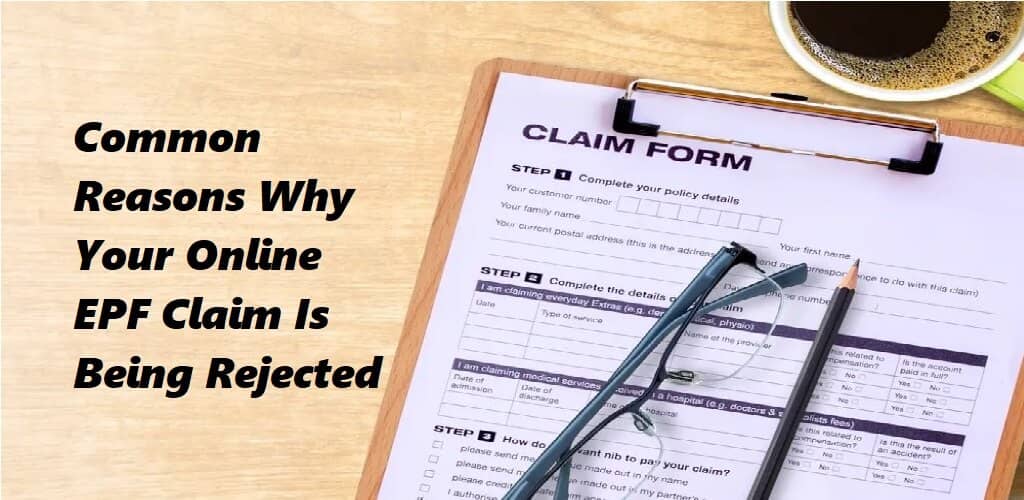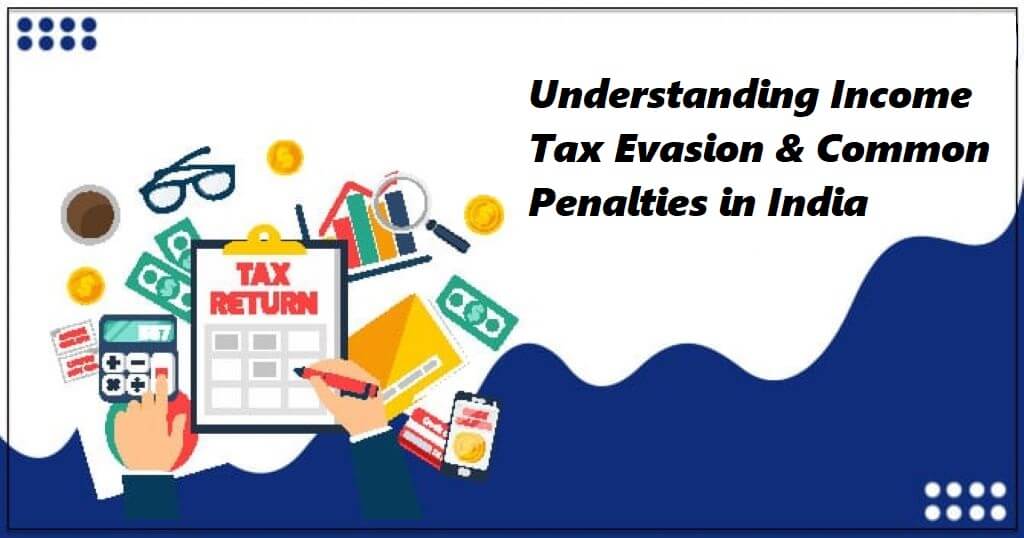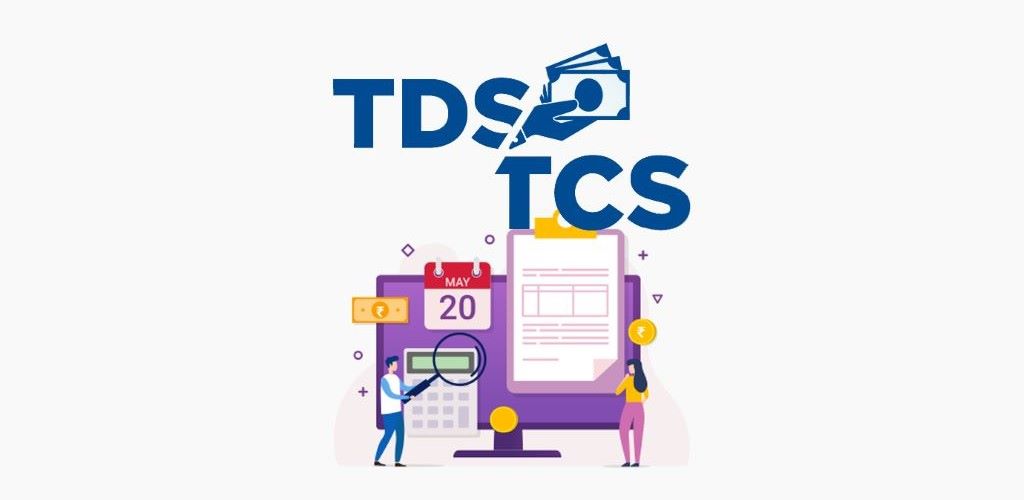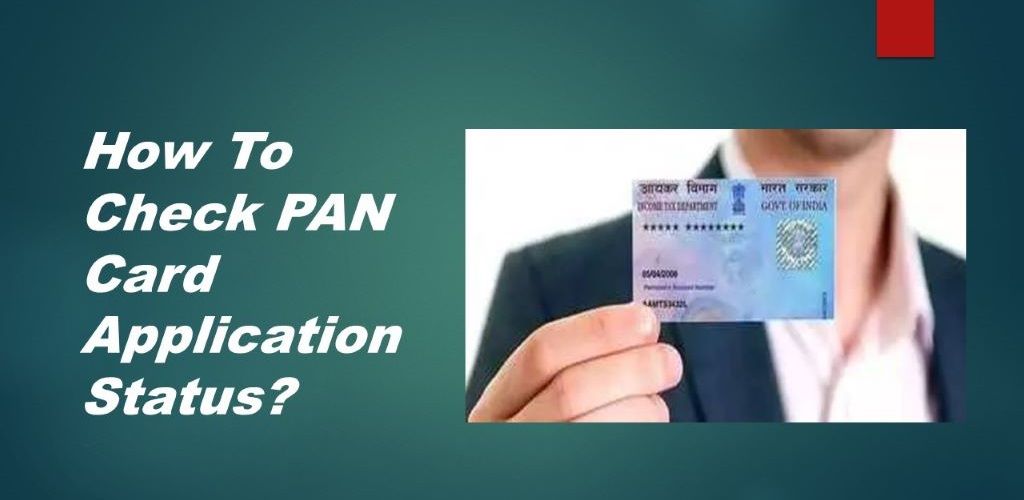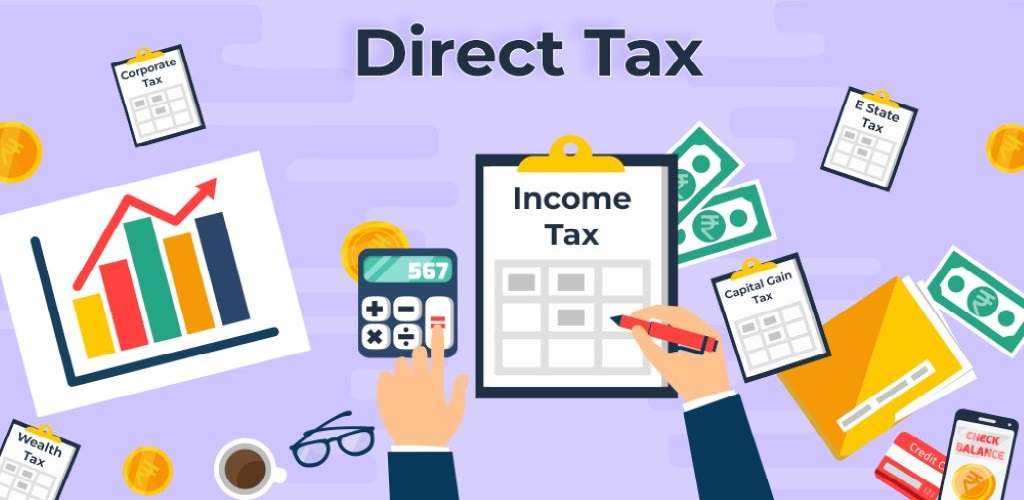EPF, or Employee Provident Fund, is like a special savings account for employees to secure their future after they retire. Both the employee and employer spend money regularly to ensure that the employee has enough to live on when they stop working. But sometimes, when employees try to get money from their EPF online, their request gets denied. This can be frustrating. Rejected EPF claims happen a lot and it’s usually because the request didn’t meet all the rules set by the Employees’ Provident Fund Organisation (EPFO).
There are a few common reasons why EPF claims get rejected every time you apply. It could be due to the mistakes in the online form like typing errors or providing incorrect bank details. Sometimes, your signature might not be clear enough, or you might not meet all the requirements to get the money yet. Thus, it’s important to know all the rules and reasons why your EPF claims get rejected before you apply for one.
In this blog, we’ll talk about why EPF claims get rejected and what you should do to ensure they won’t get rejected later.
What is the Employee Provident Fund (EPF)?
The Employee Provident Fund (EPF) is like a savings plan designed for employees working in organized sectors in India. Both the employee and the employer regularly put a portion of the employee’s salary, usually around 12%, into the fund every month. The scheme is managed by a government organization called the “Employees Provident Fund Organization (EPFO). The main goal of the scheme is to help employees save a good amount of money and enjoy their golden years of life.
The money in the EPF grows over time because it earns interest, and this interest is not taxed. There are certain situations when employees can withdraw money from their EPF, like when they retire, lose their job, or when they need money for specific reasons such as education or medical emergencies.
Top Reasons Behind Online EPF Claim Rejection
Here is a list of the top reasons behind EPF claim rejection. Let’s discuss them in detail!
- Inaccurate or Incomplete KYC
One of the biggest reasons behind the online EPF claim rejection is that many customers unknowingly provide incorrect or incomplete KYC documents. Thus, it is important to ensure all KYC formalities are completed and verified before submitting a claim.
- Mismatched Information
Another major reason behind the rejection of the EPF claim is that if the information provided in the claim submission doesn’t match the information in the EPFO database, the claim may be rejected. For example, if there’s a difference in the spelling of your name between your Aadhar card and the PF portal, it could lead to rejection. To fix this, you can submit a Joint Declaration Form along with your claim application.
- Incorrect Bank Details
If you, however, provide the wrong bank details, then it may lead to rejection. It’s crucial to ensure that your bank details are accurate and up to date. Also, note that joint accounts with a spouse are accepted, but other joint accounts are not.
- Violation of Withdrawl Rules
There is no arguing with the fact that EPF withdrawals are allowed only under certain conditions. For example, partial withdrawals are permitted after completing 5 years of continuous employment. Understanding these rules is essential to avoid claim rejection.
- Non-Linkage of UAN with Aadhar
Another key reason behind the rejection of the EPF claim is that people ignore linking their UAN with Aadhar. Remember that your Aadhar must be verified and linked to your Universal Account Number (UAN) for the claim to be approved. If you don’t link, it will lead to rejection.
- Unclear Signature
Another rejection reason that comes under the list is nothing but a wrong spelled or unclear signature. Keep in mind that your signature must match the one in the EPFO’s records. Any mismatch or significant difference may lead to rejection.
- Insufficient Service for Pension Withdrawal
One of the significant reasons behind the EPF claim rejection is that if you want to claim the total corpus on retirement, you should maintain employment for at least 6 months. Ensure you use the correct form. Form 19 is for final settlement, while Form 10C is for pension withdrawal.
- Technical Errors
Last but not least, claim rejection can occur due to server-side errors or technical glitches. In such cases, it’s best to note down the error message and reach out to the website’s support staff for assistance.
Things to Consider Before You File EPF Claim to Avoid Rejection
If you don’t want your EPF claim to be rejected, then the following are the things you will need to keep in mind. Let’s take a look at them.
- Know the Eligibility Condition
One of the first things to consider is that you should understand the rules and regulations governing the process. Familiarize yourself with the specific eligibility criteria for the type of withdrawal you’re seeking, whether for retirement, medical emergency, housing, or education.
- Complete the Necessary Education
Another major tip to consider is that you should have all the required documents in order and accurately filled out. This includes providing correct personal details, bank account information, and any supporting documents based on the purpose of your withdrawal. Inaccurate or incomplete documentation can lead to the rejection of your claim.
- Try to Remain Consistent in Employment
If you want to be eligible for EPF withdrawal, then you should maintain continuous employment for at least 5 years. Make sure you fulfill this requirement to avoid any issues with your claim.
- Submit on-time Claim
Always keep in mind that you should submit the claim within specific timelines. Be aware of these deadlines and ensure you submit your claim within the stipulated period. Late submissions may result in rejection.
- Keep Your EPF Account Updated
Ensure you regularly update your EPF account details, including your bank account information and contact details. This ensures smooth communication and prevents any issues related to fund transfer.
- Avoid errors in Bank Account Details
Another major reason to consider before filing an EPF online claim is that you should provide accurate bank account details, including the account number and IFSC code. Double-check the information to avoid any errors that could lead to failed fund transfers or rejected claims.
- Look for Assistance if Required
If you’re unsure about any aspect of the EPF withdrawal process, don’t hesitate to seek assistance from your employer or the EPF office. They can provide guidance and clarify any doubts you may have, helping to ensure a successful withdrawal experience.
Conclusion
So, there you have it! EPF claims may get rejected, and doing things ahead of time to prevent them can help. Ensure all your papers are correct and follow the rules for withdrawing money from EPF. Ensure you check your details are right and keep talking to the EPF office if you have questions. Just stay calm and ask for help when you need it. That way, you will have a better chance of getting your EPF claim approved without any problems.
Frequently Asked Questions
Listed below are the frequently asked questions related to the reasons why your online EPF claim is being rejected.
Your claim might be rejected if you give the wrong bank details, like a wrong account number or IFSC code.
Yes, sometimes, if there are technical issues when you apply online, your claim might not go through.
Normally, it takes about 15 days for your online claim to be processed unless there are any problems.
Yes, you need to keep working for a certain period to be eligible to withdraw your EPF money. If you stop working too soon, your claim might not be approved.
No, you don’t need your boss’s permission to claim your EPF money online.

